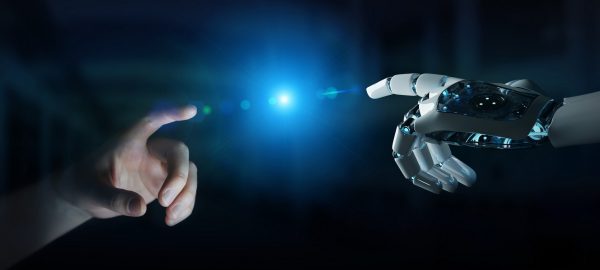Dr. G. Yossifon
The laboratory provides experimental facilities for studying micro- and nano-fluidics, which include fundamental research on transport processes on the nano and micro scale as well as application-oriented studies towards the development of novel micro- and nano-fluidic devices. With the latter we target a number of application areas, involving primarily electrokinetic actuation, such as novel energy-related (e.g. fuel cell, electro-chemo-mechanical energy-conversion), healthcare (e.g. Lab-on-a-chip, BioMEMS, immuno-assay and drug delivery) and other (e.g. desalination, artificial ion-channels, nanofluidic electronic circuit equivalents) applications.
Fabrication of the micro- and nano-fluidic chips is done using the state-of-the-art shared micro-fabrication (mainly photolithography), nano-fabrication (E-Beam, FIB) and characterization (AFM, SEM) facilities within the Technion. The diagnosis part of the research is done solely within the MFNL laboratory using the state of the art imaging and electronic sensing instruments. The key to studying electrokinetic phenomena in micro- and nano-fluidics is to have an exquisite control over the generated AC/DC electric field together with high precision current and impedance measurements. Nanofluidics is of particular challenge since the expected current to be measured, due to the channel minute dimensions, necessitates an instrumentation of sub pico-A resolution. The laboratory contains the following main equipment: confocal and epi-fluorescence imaging microscope, CCD high-sensitivity camera, high-speed camera, impedance and current meters, function generators, power supplies, optical tables, zeta potentiometer, ultrapure water system, centrifuge, syringe pump, chemical fume hoods and a clean room of class 1000.






